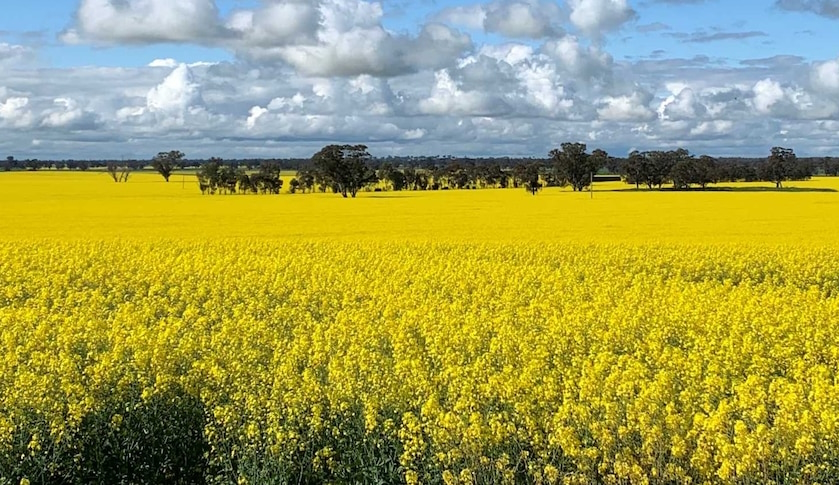Spotlight on tackling antimicrobial resistance

World Antimicrobial Resistance (AMR) Awareness Week 2024 kicks off on 18 November in an effort to promote awareness and action on the dangers of this significant threat.
The theme for 2024 is “Educate. Advocate. Act Now.” and calls on the global community to take solid actions in response to AMR.
Antimicrobials are medicines that kill or slow the growth of pathogens, such as bacteria, virus, fungi or parasites that cause diseases.
AMR poses threats to human and animal health and can have significant impacts on both food production and the environment.
Australia's Chief Veterinary Officer, Dr Beth Cookson, emphasises that AMR does not discriminate.
“AMR occurs when germs that can cause infections become resistant to medicines, such as antibiotics, that are used to control them,” Dr Cookson said.
“It does not respect boundaries or species. With regards to animals, AMR does not only affect their health and welfare but can be a risk to food security. That is why it’s crucial to continue educating people and raising awareness.”
Progress on fighting antimicrobial resistance was boosted by the ratification of the Political Declaration of the United Nations General Assembly High-Level Meeting on AMR on 26 September in New York, after 10 months of negotiations.
“This is only the second time since 2016 that the United Nations General Assembly High-Level Meeting on AMR had been held, which provided an important opportunity for world leaders to review progress on global, regional and national efforts to tackle AMR,” Dr Cookson added.
“Ratification of the political declaration complements the department’s work on AMR, to put a focus on the health and wellbeing of animals, humans and the environment.
“The aim of the declaration is to commit leaders to a clear set of targets and actions – the big one being a reduction in the estimated 4.95 million human deaths associated with bacterial antimicrobial resistance annually by 10% by 2030.
“Australian governments, livestock industries and research organisations are partnering to implement the National AMR Strategy – 2020 and Beyond and the National Animal Sector AMR Action Plan to minimise the development and spread of AMR and strives to ensure the continued availability of effective antimicrobials."
Department of Health and Aged Care’s Chief Medical Officer, Professor Tony Lawler said tackling AMR requires partnership and action across sectors.
“We call this the One Health approach. It recognises the connection between human, animal and environmental health, and how the health of one affects all,” Professor Lawler said.
“We acknowledge these One Health connections across our sectors in the joint statement on AMR from me (the Chief Medical Officer), the Chief Veterinary Officer and Chief Environmental Biosecurity Officer.
“Some simple, but important steps that Australians can take to fight AMR include, following your health professional’s instructions when taking antimicrobial medication, such as antibiotics, or disposing of any unwanted medicines, free of charge by returning them to a community pharmacy participating in the Return of Unwanted Medicines Project.
“Practicing good hand hygiene and wound care can also prevent infections and reduces the need to be prescribed antimicrobial medicines.”
For more information visit: World AMR Awareness Week 2024 - ‘Educate. Advocate. Act Now.’ - WOAH









